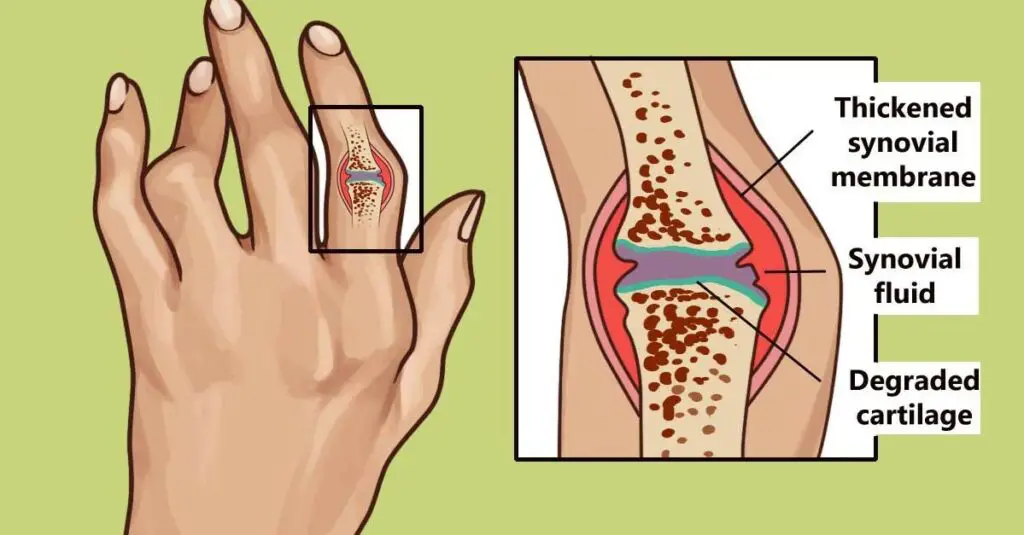Cheating, or infidelity, is a painful betrayal that can devastate any romantic relationship. It’s the act of a person in a committed relationship engaging in emotional or sexual interactions with someone else, which can lead to feelings of confusion, hurt, and anger for the one who has been betrayed. The complexity of cheating extends beyond just the physical aspect; it can also be emotional, involving the breaking of trust and loyalty, as well as a sense of abandonment.
In some cases, cheating occurs even in happy relationships, making it harder for the betrayed partner to understand why it happened. Now, if you’ve found yourself in the unfortunate position of being the one cheated on, it’s crucial to know that there is a way forward.
Here are nine ways to lift yourself back up after a partner cheats:
Acknowledge Your Feelings
When a partner cheats, it’s natural to experience a whirlwind of negative emotions such as hurt, anger, and confusion. These feelings are completely valid and a normal part of the human response to betrayal. Instead of trying to suppress or ignore these emotions, it’s important to allow yourself to fully experience them.
By confronting these feelings head-on, you’re acknowledging the pain and beginning the process of dealing with it. This acceptance and emotional honesty serve as the crucial first step on your path towards healing and recovery.
Seek Support
When dealing with the aftermath of a partner’s infidelity, it’s beneficial to seek support from trusted friends, family members, or even professional counselors. These individuals can provide much-needed comfort during this challenging time, offering a safe space for you to express your feelings and concerns. They can also provide advice based on their own experiences or professional knowledge, which can help guide your decision-making process.
Moreover, they can offer different perspectives that you might not have considered, helping you to see the situation from various angles. This broader viewpoint can aid in gaining clarity about your situation, and assist you in navigating your path towards healing and recovery.
Take Care of Your Physical Health
Experiencing stress, especially from emotionally taxing situations like infidelity, can have a significant impact on your physical well-being. To mitigate these effects, it’s beneficial to engage in physical activities such as yoga or running, which not only help in maintaining physical health but also promote mental wellness by releasing endorphins, the body’s natural mood elevators. Even something as simple as taking a walk can provide a break from stressful thoughts and offer therapeutic benefits.
Alongside physical activity, maintaining a balanced diet is crucial. Consuming nutritious foods provides the necessary fuel for your body and mind to function optimally. Additionally, getting sufficient sleep is essential, as it allows your body to recover and replenish, helping you better cope with the stress and emotional turmoil.
Practice Self-Love
Experiencing betrayal, especially from someone close, can often lead to self-doubt and a diminished sense of self-worth. However, it’s important to remember that your value as an individual is not defined by someone else’s actions or decisions. It’s independent of external factors and rooted in your unique qualities, strengths, and accomplishments. Taking time to consciously appreciate yourself can be a powerful tool in rebuilding your self-esteem.
Reflect on your achievements, no matter how small they may seem, and acknowledge your strengths. This focus on self-appreciation and recognition of personal accomplishments helps to reinforce your sense of self-worth, allowing you to emerge stronger and more resilient from the experience.
Set Boundaries
If you choose to continue the relationship after a betrayal, it’s crucial to establish clear boundaries moving forward. This involves having an open and honest discussion about what is acceptable behavior and what isn’t within the context of your relationship. Communicate openly about your expectations from the relationship, ensuring that both parties are on the same page.
Discuss what needs to change for the relationship to thrive again and restore trust. This might include changes in behavior, increased transparency, or even seeking professional help like couple’s therapy. The goal of setting these new boundaries is to create a healthier and more respectful relationship dynamic, fostering trust and mutual understanding.
Focus on Personal Growth
Enduring a difficult experience like betrayal can be incredibly challenging, but it also presents an opportunity for personal growth. Use this time to focus on self-improvement and self-discovery. Learning new skills, for instance, can not only distract you from the pain but also empower you, boosting your confidence and self-worth. Pursuing a hobby that you’ve always been interested in can bring joy and fulfillment, contributing positively to your overall well-being.
Setting new goals for yourself, whether they are related to your career, health, or personal life, can give you a renewed sense of purpose and direction. In essence, channeling your energy towards constructive activities can help transform a negative experience into a catalyst for positive change and growth.
Seek Professional Help
Seeking help from therapists or counselors can be a highly beneficial step in dealing with feelings of betrayal and hurt. These professionals are trained to guide you through the emotional turmoil you may be experiencing, providing you with practical tools and strategies to cope effectively. They can help you understand and process your feelings, enabling you to gain a clearer perspective on the situation.
Therapists can also equip you with techniques to rebuild your self-esteem and confidence, which might have been affected by the incident. Moreover, they can assist you in setting healthy boundaries and expectations in relationships, facilitating your journey towards healing and moving forward.
Forgiveness
Forgiving someone who has wronged you doesn’t necessarily mean forgetting what they’ve done. It’s not about erasing the memory or pretending the incident never happened. Instead, forgiveness is about releasing the anger and hurt associated with the event. This process allows you to free yourself from the emotional burden that these negative feelings can impose on you. Ultimately, forgiving is a self-care act, a step towards healing and regaining your peace of mind, enabling you to move forward without being tethered to past grievances.
Rebuild Trust
Choosing to stay in a relationship after a betrayal means that rebuilding trust becomes a crucial task. This is not a quick or easy process; it requires time, patience, and a consistent effort from both parties involved. The person who committed the betrayal needs to demonstrate through their actions that they are truly remorseful and committed to change.
On the other hand, the person who was betrayed needs to be open to the possibility of rebuilding the relationship, which may involve overcoming feelings of hurt and resentment. In essence, restoring trust is a two-way street that requires mutual understanding, communication, and a shared commitment to healing and growth.
Conclusion
In conclusion, experiencing betrayal in a relationship can be a devastating event, but it’s essential to remember that this incident does not define your worth or your future. It’s perfectly okay, and indeed necessary, to allow yourself space to grieve and heal. Seeking professional help such as therapy can provide useful tools to navigate through this difficult time.
Remember, there’s no set timeline for healing; take all the time you need. The primary focus should be on self-care and rediscovering your happiness. Life may have thrown you a curveball, but with resilience and support, you can emerge stronger and more self-aware than before.








